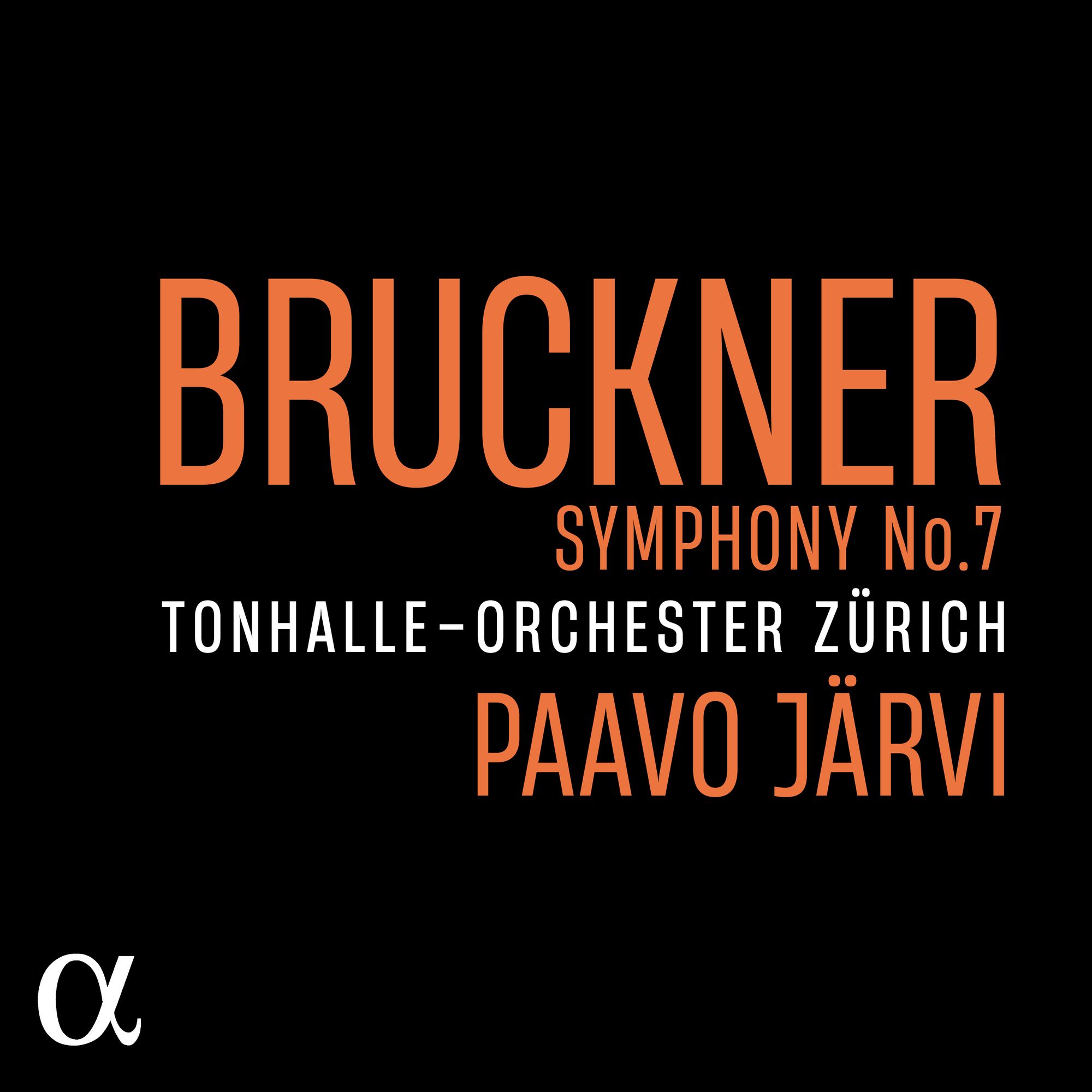A Tale of Two Järvis (2): Paavo Järvi conducts Bruckner's Seventh
Paavo Järvi - clearly now a lean, mean Bruckner machine - offers a Bruckner Seventh to treasure

After the father, the son. Yesterday's post carried an article on Chandos’ new release, Neeme Järvi in Concert, with the Estonian National Symphony Orchestra. From Tallinn, then, to Switzerland, and Zürich, and from Neeme to Paavo, and a Bruckner Seventh Symphony recorded in January 2022.
In December 2022, it was announced that Paavo Järvi has extended his contract with Zùrich’s Tonhalle Orchestra as Principal Conductor and Music Director until 2029; he started in the role in the 2019/20 season.
This is a tight, bright and powerful Bruckner Seventh. Paavo Järvi made a previous (live) recording on RCA Red Seal with the Frankfurt Radio Symphony Orchestra, and it is clear ther has been some rethinking going on: you can compare and contrast for yourself below, either via the YouTube links (Frankfurt links open in a new window) or via the Spotify panels below the review.
While the timing difference for the first movement between Frankfurt and Zürich might not seem large at first glance (21'59 in Frankfurt, 21'18 in Zürich), the new recording is substantially leaner, while the Frankfurt allows the phrases to breathe more (again, click the link to listen to that performance on YouTube). Here's the Tonhalle Zürich performance:
The slow movement (”Adagio. Sehr feierlich und sehr langsam”; very slow, very solemn), is sublime in Zürich. The opening bars are a microcosm of the movement in their exquisite shading - and how the Zürich strings respond to Järvi’s direction:
How gloriously the melodies expand and contract in a seemingly endless flow. The strings have a leanness about them that enables textures to glow - plus, every detail is audible in Alpha’s fine recording. We do get a cymbal clash, although it does not feel as crass as usual. When the Wagner tubas enter with the main theme, the effect is so emotionally poignant (and what players, what creamy tone!). This is an unforgettable coda, full of a nobility underpinned by peace profound.
The Frankfurt performance takes 22”51 as opposed to 21’23 in Züruch. It might not seem much, but the difference is vast. The Frankfurt performance is more traditional in its expression: chords are very strongly constructed from the bass up. In a sense the music is “loved” more on a moment-to-moment level, and there is plenty of tenderness to the strings. But I have to say that again I tend towards the new Zürixh, more refreshing yet just as powerful:
Click here to hear the Frankfurt Adagio.
The Scherzo boasts unstoppable momentum in the Zürich performance, but it also has a most affecting sense of rhythmic bounce. Detail is stunning: it is so easy for this movement to feel heavy, yet Järvi achieves the quasi-miraculous balancing act of lightness and transparency while still remaining absolutely true to Bruckner’s expressive vernacular. Listen, too, to how the music relaxes just the right amount for the Trio, and yet underpinning it is a tension that outs with the return of the Scherzo. Every point of scoring is considered (listen to how trumpets and horns “hand over” a descending arpeggio at one point, or how tight the lower strings are at the return of the Scherzo):
When it come sto the Frankfurt Scherzo, it feels a bit laboured after Zürich (again the timings only tell a part of the story: 9’40 in Zürich, 9”56 in Frankfurt) :
Click here to hear the Frankfurt Scherzo
The Zürich finale is fast and light on its feet, only really expanding in the lead-in to the coda (where Järvi slows down somewhat to move towards the final peroration). Perfectly congruent with Järvi’s view of the piece, this feels, to me, revelatory:
Only 12 seconds in it for the finale: 12”41 in Frankfurt; 12”29 in Zürich. And here, the movements equate much more (although I do prefer the playing in Zürich - and, for that matter, the recording. as Frankfurt feels a bit spotlit in comparison).
Click here to hear the Frankfurt finale.
No doubting that my allegiance lies with this new Zürich account, then. Paavo Järvi - clearly now a lean, mean Bruckner machine - offers a Bruckner Seventh to treasure, very much Bruckner of our time, svelte, detailed, powerful. This might not be emotionally overwhelming Bruckner (for that, Furtwängler); but it is mightily compelling and impressively intelligent. All in a state-of-the-art recording, too.
